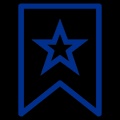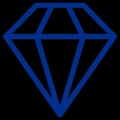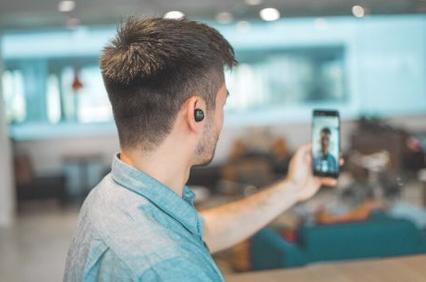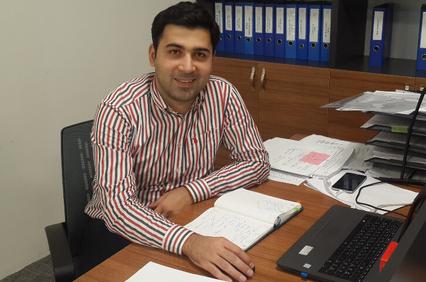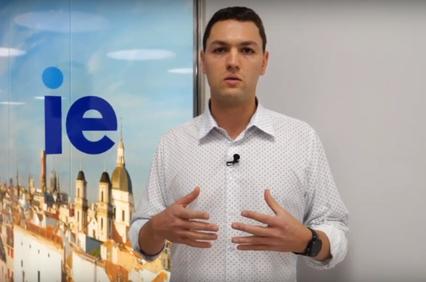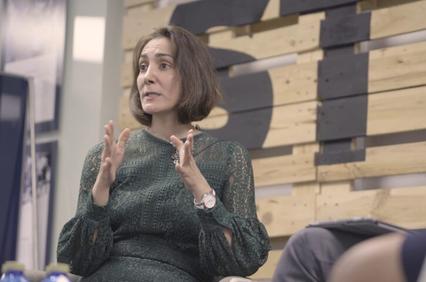
IE Online Programs
IE Online Programs
- Home
- Ie Online Programs
IE Online Programs
IE Online Programs

BOOST YOUR POTENTIAL
BOOST YOUR POTENTIAL
Our more than 15 years of experience as a world-leading online education institution has provided us with unique insights into the power of remote learning. This time spent growing an agile and innovative virtual environment allows us to provide experienced professionals with key sector tools and strategies for success across the main business disciplines: from marketing and finance, to data science and leadership.
With a challenging mix of discussions, case-based exercises and teamwork, program participants can increase sector-specific skills and become leaders in their fields—right when we need them the most.
Stay sharp and upgrade your knowledge to cut a straight path through today’s ever-changing landscape.
DISCOVER OUR RANGE OF ONLINE PROGRAMS
DISCOVER OUR RANGE OF ONLINE PROGRAMS
Our programs are designed and constantly updated by our team of world-class academics and sector-experienced professionals. The professors from IE University and IE Business School reproduce current market trends in a classroom environment to give participants sector-specific tools and strategies to succeed in today’s business world.
Are you ready to enhance your potential through our programs?
THE REWARDS OF IE ONLINE EDUCATION
THE REWARDS OF IE ONLINE EDUCATION
LIVE LEARNING
Join a thriving academic community through our virtual classroom that mirrors IE’s dynamic, on-campus experience wherever you are.
PRESTIGIOUS RECOGNITION
Gain an IE University Lifelong Learning Certificate in just four to six weeks.
Rooted in Flexibility
Enjoy a structured program with the flexibility to acquire knowledge in your own time.
Ongoing Support
Benefit from the support of our top faculty as well as VIP treatment from our academic team, to ensure you get the most from the program.
APPLY AS YOU LEARN
Gain highly relevant skills and knowledge that you can immediately implement in your professional environment.
TOP-TIER NETWORKING
Connect with professionals from around the world and expand your international network.
- 558alumni ready to make an impact
- 127nationalities represented in classroom
- 92%completion rate
INNOVATION AND TECHNOLOGY FOR LEARNING EXCELLENCE
INNOVATION AND TECHNOLOGY FOR LEARNING EXCELLENCE
VIRTUAL LEARNING SESSIONS
Virtual Learning Sessions take place throughout the program, offering students the opportunity to ask instructors questions or dive deeper into certain topics. They are recorded, so even if you can’t participate directly, you can still benefit.
INTERACTIVE PLATFORM AND MATERIALS
To provide an engaging experience for all students, our learning modules include interactive video presentations where students can put theory into practice with in-video questions and polls.

POWERED BY OUR PEOPLE
POWERED BY OUR PEOPLE
Our community is made up of expert academics, experienced industry leaders and highly ambitious and motivated students who are ready to make an impact. This strong and connected community offers the powerful networking opportunities that are at the core of what we do.
A DIVERSE ONLINE CLASSROOM
A DIVERSE ONLINE CLASSROOM
Our online classrooms are made up of a diverse student body featuring like-minded, ambitious professionals from a range of backgrounds and industries.
You’ll work together in online discussions and team projects to share perspectives and broaden your mind set, and build invaluable connections to widen your professional and personal network.
ARIANNA CARRIZO
Panamá
ELDAR MAMMADOV
Azerbaijan
ANI RUMENOVA
Bulgaria
SANTIAGO SUÁREZ
Colombia
A FORWARD-THINKING FACULTY
A FORWARD-THINKING FACULTY
Our diverse faculty of industry professionals and academic experts bring years of experience to the programs. Although passionate educators, many of them also work at the cutting edge of sector innovation, allowing them to replicate real sector challenges in their classes.
RAFIF SROUR DAHER
Professor and Director of Bachelor in Business and Data Analytics at IE University
MARK ESPOSITO
Adjunct Professor of Strategy at IE Business School
RAMIRO MONTEALEGRE
Visiting professor of Technology and Digital Innovation at IE Business School
PEDRO MORENO DE LOS RÍOS
Academic Director, Digital Marketing, Social Media and Analytics
Digital Business & Marketing Professor
CLAUDIO ALONSO
Program AdvisorANY QUESTIONS? WE ARE HERE TO HELP
ANY QUESTIONS? WE ARE HERE TO HELP
Contact our expert advisors to explore how studying a Online Programs from IE Lifelong Learning can help you expand your skill set and achieve your professional goals.

